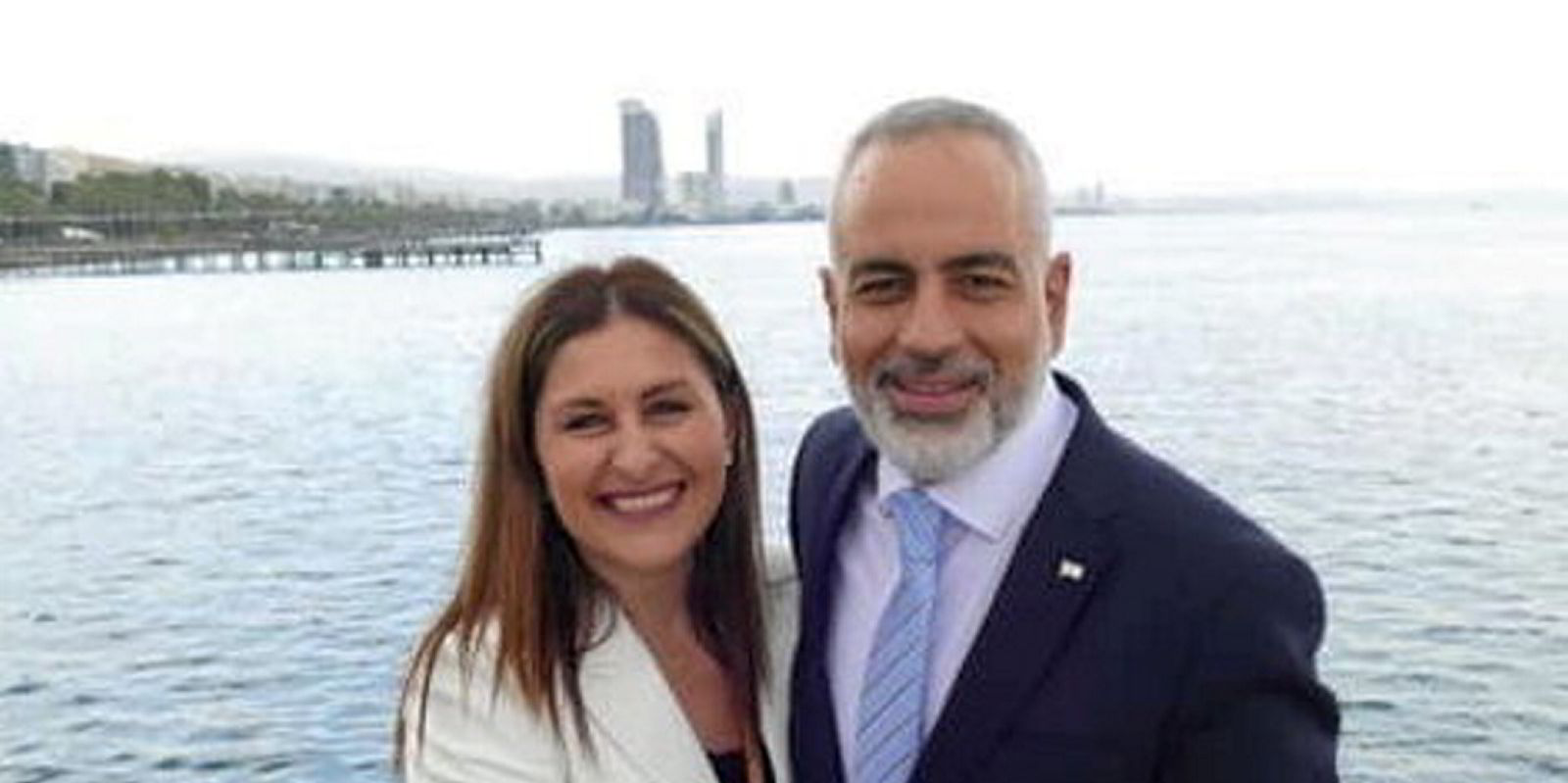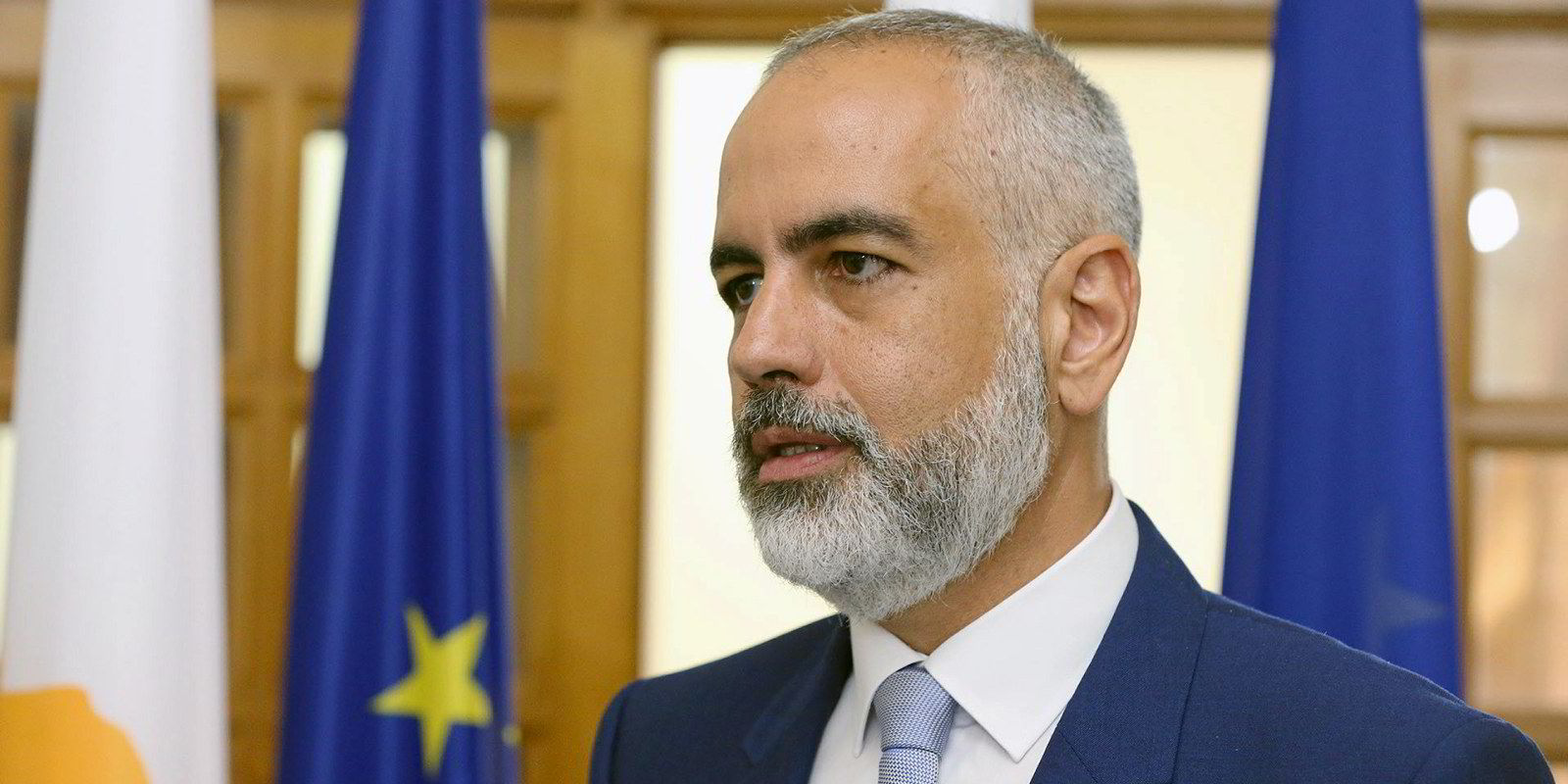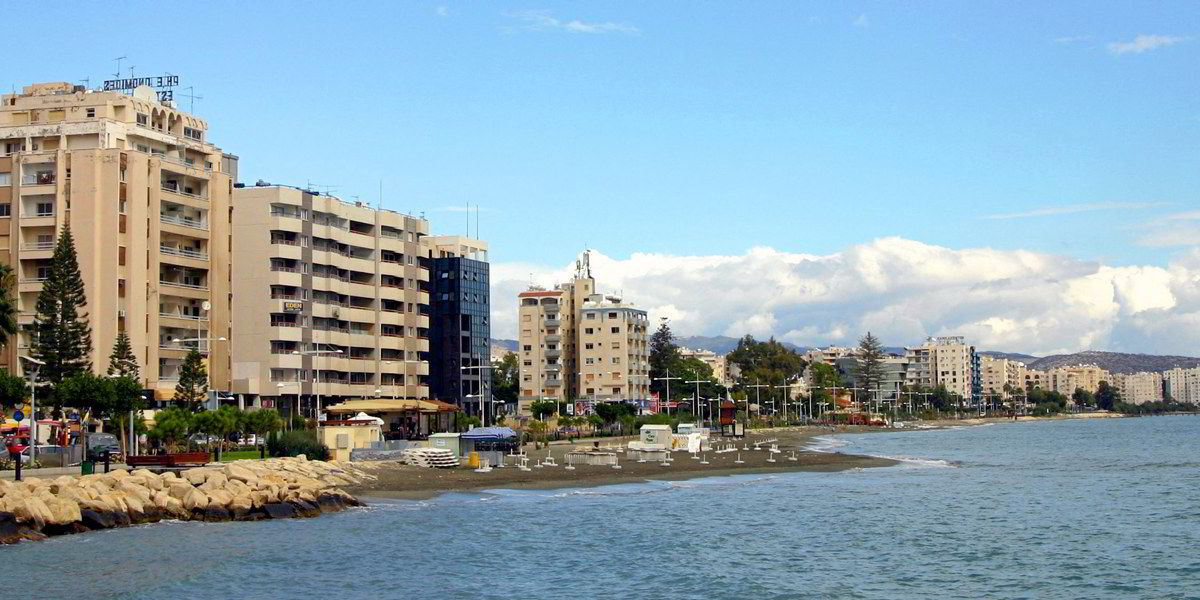Incoming Cypriot president Nikos Christodoulides has named one of his closest aides as the cabinet member in charge of shipping in Europe’s biggest ship-management hub.
Marina Glykis-Hadjimanolis, a city councillor and lawyer in Limassol, was head of the political office for Christodoulides — the 49-year-old politician sworn in as president of the island nation on Tuesday after an election victory earlier this month.
Siding with Christodoulides was a risky choice for Glykis-Hadjimanolis. Christodoulides was a renegade candidate for his conservative Democratic Rally (DISY) party and faced internal criticism for challenging, and then defeating, the party’s official candidate.
The appointment of Glykis-Hadjimanolis as head of Cyprus’ Shipping Deputy Ministry can be therefore seen both as a personal political reward for an early political ally and a sign that shipping will continue to enjoy a direct line to the country’s president.
Glykis-Hadjimanolis’ past experience suggests little direct contact with shipping. After studying law in the UK cities of Leicester and London, she worked as an attorney in Limassol, where she has been a city councillor since 2016.
By contrast, her predecessor at the ministry — Vassilis Demetriades — was a seasoned shipping policymaker at the European Commission.
Shipping has acquired an important role in the Cypriot economy over the past few decades.
To highlight this importance, Cyprus set up the Shipping Deputy Ministry as a standalone independent ministry five years ago, to deal with maritime matters quicker and more efficiently.
Under Demetriades’ leadership, the Shipping Deputy Ministry earned kudos for leading an international vaccination campaign for all seafarers serving on ships that fly the Cypriot flag or are managed out of the country.
However, Demetriades faced an uphill struggle in defending Cypriot shipping interests amid an onslaught of European Union sanctions against Russia, which caused scores of ships and Russian companies to decamp from the Mediterranean nation.
Cyprus has been a traditional offshore centre for Russian business since the end of the Cold War.
Despite this, the country — itself the victim of an invasion from neighbouring Turkey in 1974 — backed EU sanctions against Russia over the war in Ukraine.
However, Cyprus lobbied hard to make sure that the sanctions are formulated in a way that protect essential shipping interests and urged the EU to take additional measures to protect and promote European flags.
In an interview with TradeWinds earlier this month, Demetriades expressed frustration at EU officials failing so far to meet pledges to that effect and vowed that Cyprus would continue to fight in shipping's corner.
This task now falls to Glykis-Hadjimanolis, who was born in Famagusta in 1973 and is a mother of three.





